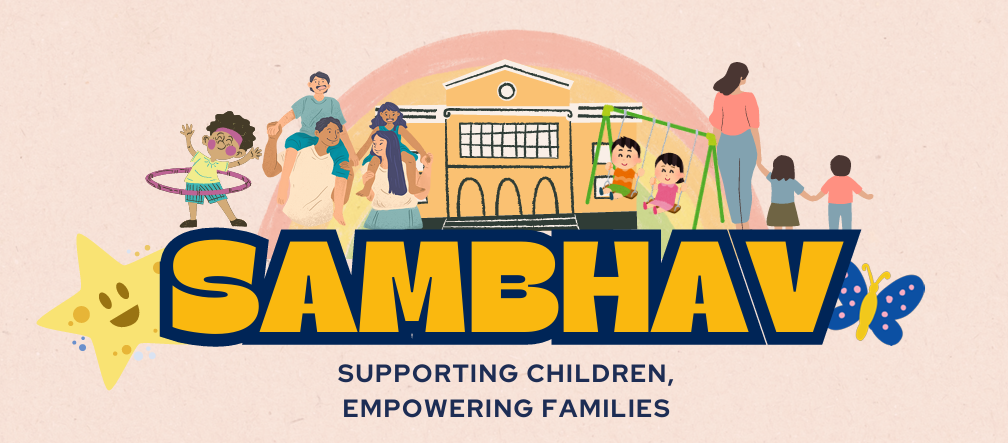
Behavioral Therapy

Behavioral therapy is a type of psychological treatment that focuses on changing negative or harmful behaviors and developing positive behaviors. It is widely used for individuals with mental health conditions, developmental disorders, or behavioral challenges and is based on the principles of behaviorism, which emphasizes the role of learning and environment in shaping behavior.
Key Goals of Behavioral Therapy:
1. Identify Problem Behaviors: Understand specific behaviors that interfere with daily functioning or well-being.
2. Replace Negative Behaviors: Teach and reinforce positive alternatives to harmful or disruptive behaviors.
3. Develop Coping Strategies: Help individuals manage stress, anxiety, or frustration in healthier ways.
4. Enhance Social and Communication Skills: Support individuals in improving interactions with others.
Common Applications of Behavioral Therapy:
- Children: Managing tantrums, aggression, ADHD, or autism-related behaviors.
- Self Injury Behaviour: Teaching self-control and alternative expressions of anger.
Techniques Used in Behavioral Therapy :
Rewarding desired behaviors to encourage repetition.
Commonly used in children’s therapy, especially with autism.
Removing an aversive stimulus when a desired behavior occurs .
Demonstrating appropriate behaviors for the individual to imitate.
Using tokens or points as rewards for good behavior, which can later be exchanged for privileges or treats.

Benefits of Behavioral Therapy:
- Helps individuals develop self-regulation and independence.
- Builds stronger social and emotional skills.
- Reduces stress and improves quality of life for individuals and families.
- Provides structured and measurable strategies for behavior change.
Behavioral therapy is often conducted in one-on-one sessions, group settings, or family therapy, and it may be combined with other therapies (like speech or occupational therapy) for a holistic approach. It is effective for children and is particularly beneficial for addressing challenging or disruptive behaviors.